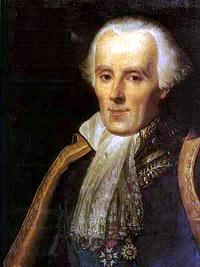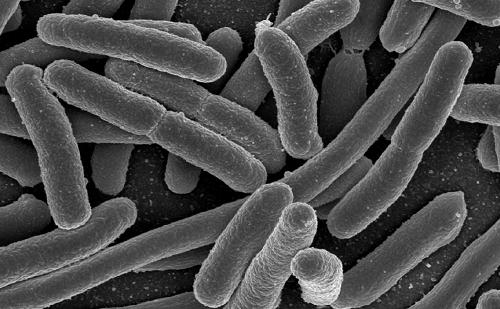 To some, Darwin’s theory of evolution has atheistic implications and seems like an attack against the divine power of God to create the universe. Certainly, Darwin’s theory does offer a natural explanation for how highly complex systems in biology seem to have been formed. However, the theory is not a challenge to the existence of God. Rather, it is a challenge to the use of “god of the gaps” reasoning which in the past had been applied over-eagerly as a proof for God’s existence.
To some, Darwin’s theory of evolution has atheistic implications and seems like an attack against the divine power of God to create the universe. Certainly, Darwin’s theory does offer a natural explanation for how highly complex systems in biology seem to have been formed. However, the theory is not a challenge to the existence of God. Rather, it is a challenge to the use of “god of the gaps” reasoning which in the past had been applied over-eagerly as a proof for God’s existence.
Darwin’s theory did to biology what the work of Pierre Simon de Laplace did for physics. When Isaac Newton first discovered the law of gravitation, no one could explain why the planets would go around the sun in the same direction, in almost the same plane, and with such surprising consistency. However, rather than leave this open for future scientific explanation, Newton determined that God must be directly responsible for these planetary orbits.
A century later, advances by scientists like Laplace showed that the structure of the solar system came not from some mysterious divine source but rather a more sophisticated understanding of the laws of physics. Laplace’s work did not disprove the existence of God; it simply closed the gap that Newton had prematurely used as a proof for God.
So it is with Darwin’s theory. Evolution offers no argument against God. It merely closes the gap of complex design in nature, a gap which many have (incorrectly) used as a proof of God’s existence.

